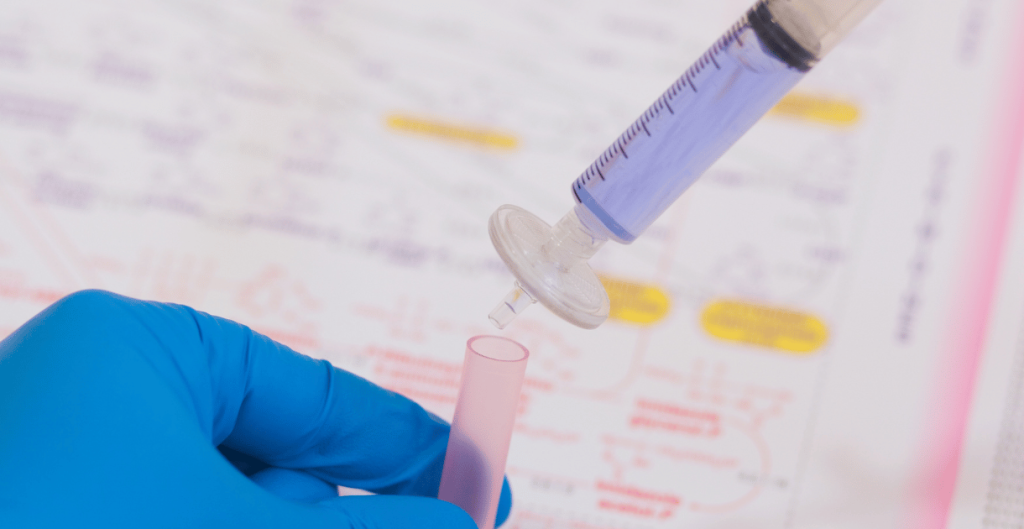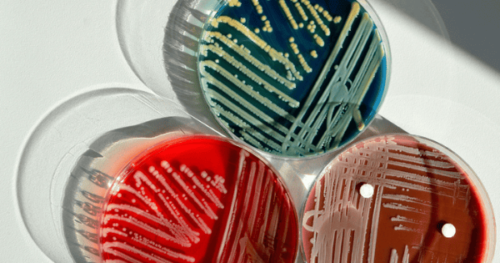A syringe filter stands out as a crucial and versatile tool widely applied across different laboratory and industrial settings. Its primary job is to clear away impurities and particles from liquid samples, ensuring that the filtered liquid remains pure and clear. The distinct design of syringe filters allows for fast and effective filtration, making them a popular choice in numerous scientific and analytical processes.
1. Sample Preparation for HPLC (High-Performance Liquid Chromatography):
Syringe filters play a pivotal role in HPLC applications by removing unwanted particulates and contaminants from samples before analysis. Clean samples enhance the accuracy and reproducibility of HPLC results, leading to improved separation and identification of analytes.
2. Filtration of Biological Samples:
In biological research, syringe filters are essential for preparing cell culture media, buffers, and other biological solutions. They ensure the removal of bacteria, particles, and debris, preventing contamination and maintaining the integrity of biological samples.
3. Environmental Analysis:
Syringe filters find common use in environmental monitoring and analysis. They filter water, soil extracts, and other environmental samples, aiding in the detection and quantification of various pollutants and analytes of interest.
4. Filtration of Pharmaceutical Solutions:
The pharmaceutical industry heavily relies on syringe filters to purify and sterilize liquid formulations, including drug solutions and injections. These filters help eliminate particulates, microorganisms, and other impurities that could compromise the safety and efficacy of pharmaceutical products.
5. Food and Beverage Testing:
In the food and beverage industry, syringe filters play a significant role in sample preparation for quality control and safety analysis. They filter liquids, extracts, and suspensions, ensuring the removal of contaminants, microorganisms, and particles before further testing.
6. Filtration of Solvents and Reagents:
When working with sensitive analytical instruments or chemical reactions, syringe filters come into play to filter solvents and reagents. This ensures the elimination of impurities that could interfere with the desired outcome or potentially damage equipment.
7. Microbiological Laboratory Testing:
Syringe filters are instrumental in microbiology laboratories, used to filter media and solutions for microbial culture and analysis. By removing unwanted particles and microorganisms, researchers can maintain sterile conditions and obtain accurate results in their experiments.
In essence, the wide-ranging applications of syringe filters underscore their significance as indispensable tools across diverse scientific and industrial domains.



